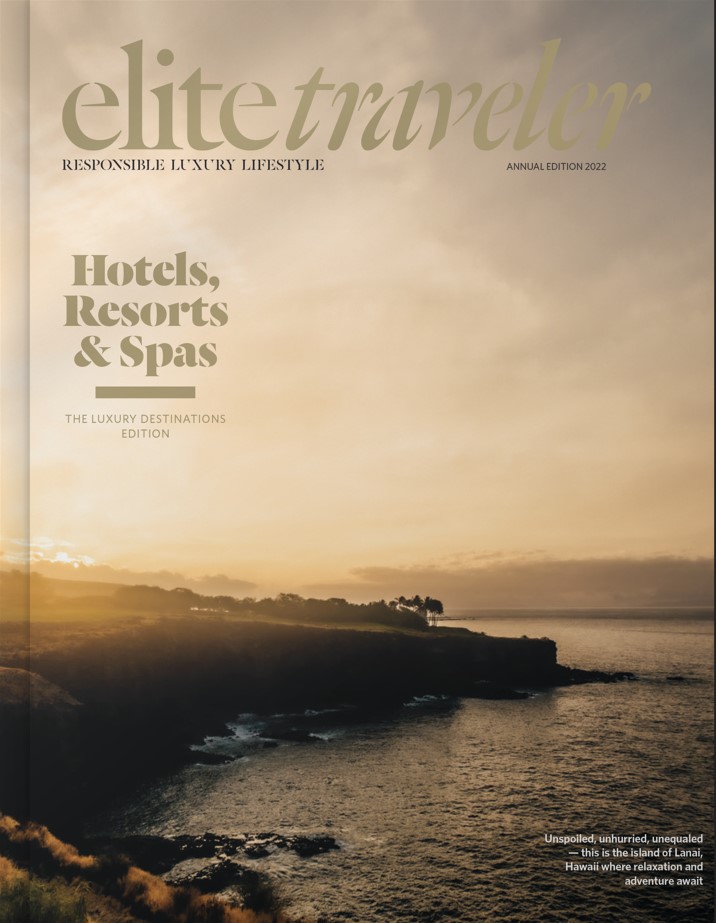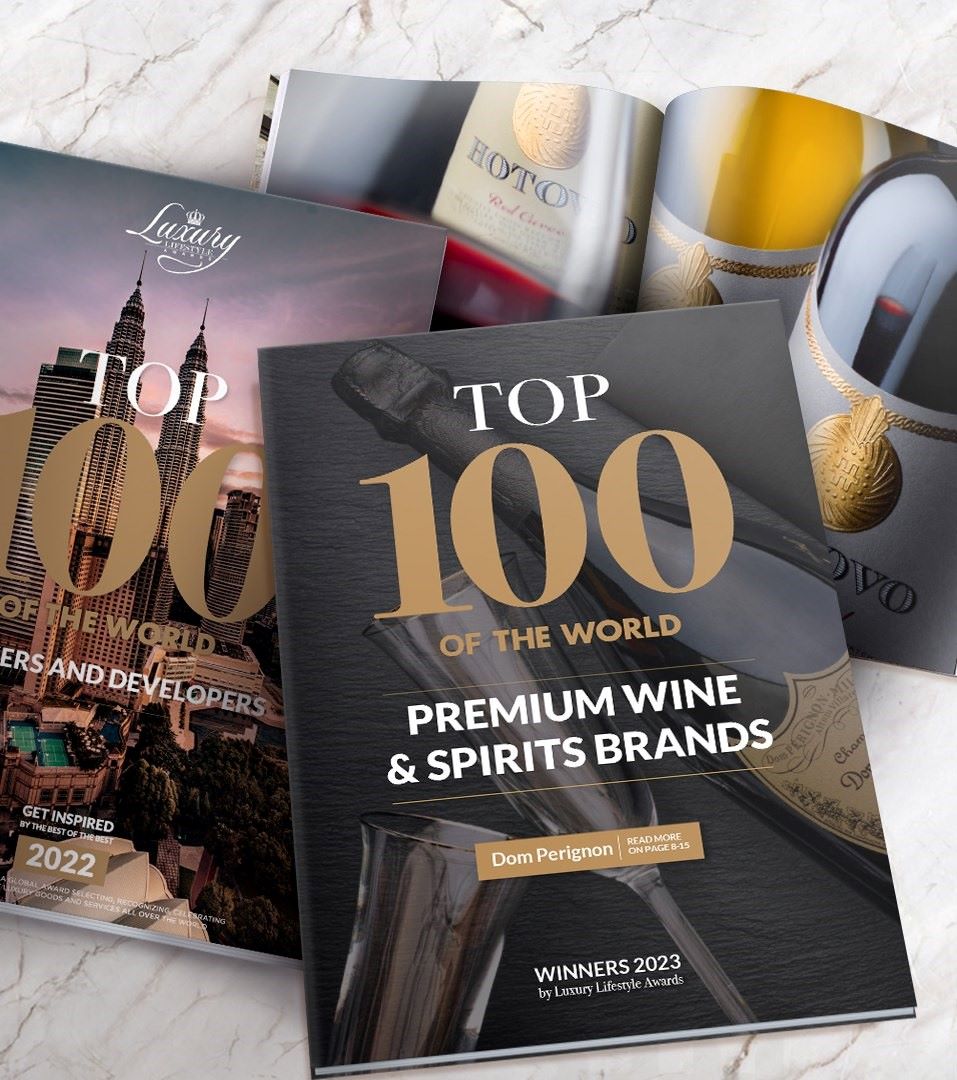
Photos Courtesy of American Affluence Research Center
On February 4 of this year, David Brooks, The New York Times columnist and NPR commentator, who spends a lot of his visual and verbal time discussing the actions of the President and Congress, wrote about something in our area, which was a surprise. Called The Philosophy Of Data, his essay discusses what he sees as "the rising philosophy of the day" which he calls data-ism. It is, in his words, "the assumption that everything that can be measured should be measured; that data is a transparent and reliable lens that allows us to filter out emotionalism and ideology; that data will help us do remarkable things—like foretell the future."
After writing quite a lot for JustLuxe on affluence research, as well as academic work on research methodologies whose outcomes change with different populations, we are not so sure that any type of research, can foretell the future. Good research can only suggest and ostensibly forecast—it can't foretell.

And most of time, affluence research suggests and forecasts from data taken months before. The Achilles Heel of much research lies in methods of data collection, the manner in which they are applied, and the most complex, the demographic to whom the research instruments are given. These variables ostensibly create the outcomes, which are the results you read. And some of the outcomes differ greatly from each other, even though they are said to measure the same thing.
Ron Kurtz, the CEO of The American Affluence Center, wrote a short piece recently on just this paradox. He states that the Spectrem Group's Millionaire's Corner reported the confidence or mood of the affluent was at a two-year high. In contrast to this, another market research firm, Unity Marketing, reported that the confidence or mood of the affluent had fallen substantially in January to a nine-year low. What is going on? Mr. Kurtz says that the differences can be traced to the research methodology and the sample composition of the two surveys.
This is an important observation, as research results can change depending on the type of data collection methodology used, whether the method is quantitative or qualitative, and what population segments are surveyed. So, before a company looks at research results, it is important for them to understand how the research was collected, the instruments used, the validity and reliability of the instrument, and which affluent population was studied—the more segments the better, but this does not happen all the time. And when we say more segments, a good example is that used by the Spectrem Group. This segmentation deals with invested assets, but the overall view is similar to other market research firms:

Ultra-Wealthy: Net worth of $25MM; Ultra High Net Worth: Net worth of $5,000,000 or more; Millionaire: Invested assets of $1,000,000 or more; Affluent: Net worth of $500,000 or more excluding primary residence; Mass Affluent: Invested assets of $100,000 to $1,000,000. Each segment may have different attitudes, moods and buying behaviors, so it is crucial to learn which one is most relevant to the product, and which one or ones were used in the market research.
Here are a few examples of difference in definitions. The following are substantial market research firms, whose research findings are important. But how the affluent are defined is different with nearly each study.
The Luxury Institute conducted an in-depth online survey with 1,216 affluent U.S. consumers in cooperation with the Lincoln Motor Company. Half male and half female respondents were recruited and screened to only include those age 21 or older with a minimum gross annual income of $150,000 and ownership/lease of at least one luxury automobile. So, with this study, affluence was defined at the $150,000 and up level.

American Express Publishing and The Harrison Group, with Dr. Jim Taylor at the helm, has been conducting the Survey Of Affluence And Wealth In America since 2006. It takes him and his cohorts a year to complete, as does substantive market research about the affluent, as he surveys the top 10% of what the Harrison Group calls the American household income spectrum that begins at $100,000 and moves up to the top 1% of the affluent population. These data are segmented, to compare and contrast the inferential behaviors, moods, and attitudes of the mid-level millionaires all the way up to the ultra-affluents. Conducting research this way provides a more global outlook, but the beginning affluents started at the $100,000 level.
One of Unity Marketing’s most recent studies (and one that was mentioned by Mr. Kurtz above) showed affluent consumers expressed lack of confidence in the overall state of the economy and their personal financial situation. Planning for the future, fewer than one-fourth (23 percent) of luxury consumers surveyed expect to spend more on luxury goods and services over the next twelve months. The methodology was a survey of 1,369 luxury consumers (average income $267,800) conducted January 9-15, 2013. Thus, the research was used on those affluents who made over $200,000.

Stephen Kraus, Ph.D, Chief Research & Insights Officer at Ipsos Mendelsohn conducts affluent market research with Ipsos’s Affluent Barometer series. The most recent findings were the results of a survey conducted online December 17-31, 2012 with 1,004 adults 18+ with household income (HHI) of $100K+ (“Affluent”). The sample included 182 Ultra Affluents, defined as adults 18+ with HHI of $250K+. The data were weighted to reflect U.S. Census data. So, in his work, affluent is defined by household income (HHI) of $100,000 which is considered affluent, and $250,000 considered ultra affluent.
Finally, Ron Kurtz collates data from his American Affluence Research Center’s Fall and Spring surveys each year. He has been doing these for the past 26 years, and he's the only one as of this writing who has working with the higher affluence levels for that many years.
His tracking studies are based on self-administered questionnaires mailed to a national sample of at least 4,000 households that, based on their income and ownership of certain assets, are expected to meet the minimum net worth requirement of $800,000. The overall survey response rate (net of undeliverables) is about 18% for recent surveys. The survey results are based upon the responses of over 500 men and women who promptly respond to the survey and meet the minimum net worth requirement. The maximum margin of error of the surveys, at 95% confidence, is five percentage points.

As we see it, the prognostications of many market research firms must be put in alignment, by educated readers, with the demographic segment they survey. It is important to know the methods by which they test, and if there have been validity and reliability studies on these tools. It is important to see what matches up and what doesn't, all the while understanding that the affluent—from the mid-level millionaire to the Ultra Wealthy—have theoretically and practically all been in some way affected in a kind of PTSD way, by the economic downturn, and the economic roller coaster that followed.
What happens, then, is the data may look uneven, even though in another six months to a year it may have evened out. And even though many feel they can forecast tomorrow by providing stats of yesterday, there may be some validity to this idea. You don't want to be doomed to future problems because you ignored the past; then again, it’s important to remember what marketing research data ideally provides: a set of dimensions that define what types of new products and services may be successful; also clarifying a target audience, their moods, their needs and wants—all of which define actionable nuance, the arguable poetry behind affluent purchasing behaviors.














